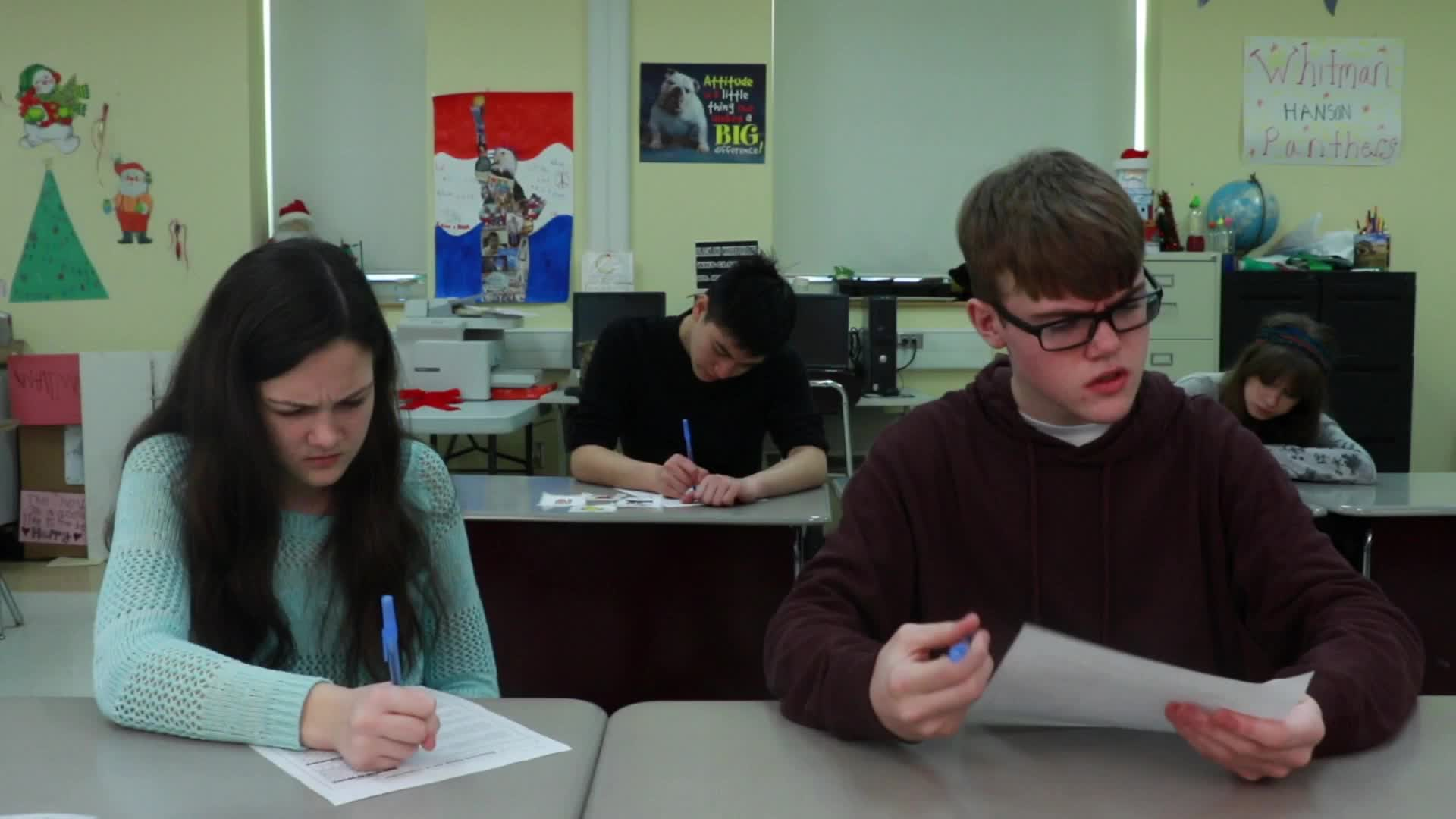Special education professionals understand the importance of equipping students with the skills necessary to navigate their academic and social lives. One such critical skill is problem-solving, which plays a significant role in a student’s learning, social interactions, and overall wellbeing.
Understanding Problem-Solving Skills in High School Students
Problem-solving skills refer to a student’s ability to identify an issue, evaluate possible solutions, and take appropriate action to resolve the problem. These skills impact a student’s academic performance, interpersonal relationships, and emotional wellbeing. Developing strong problem-solving skills can help students overcome challenges and build resilience.
The Role of Specialists in Developing Problem-Solving Skills
Different specialists in the school setting can support the development of problem-solving skills in high school students:
- Speech-Language Pathologists: These professionals can help students develop effective communication skills, which are crucial for expressing concerns and asking for help.
- Social Workers: By providing emotional support and teaching coping strategies, social workers can enable students to manage stress and navigate challenging situations effectively.
- Psychologists: School psychologists can assess students’ cognitive and emotional strengths and weaknesses, helping them develop tailored strategies for problem-solving.
- School Counselors: These specialists can guide students in setting realistic goals, making informed decisions, and developing essential life skills.
IEP Goals for Enhancing Problem-Solving Skills
Here are some specific SMART IEP goals to improve problem-solving skills in high school students:
- Goal: The student will demonstrate the ability to identify a problem and request assistance from a teacher or peer in 4 out of 5 opportunities.
- Strategies and Activities: Role-play scenarios, social stories, and guided practice with peers.
- Goal: The student will evaluate and select appropriate solutions to problems in 80% of presented situations.
- Strategies and Activities: Brainstorming sessions, problem-solving worksheets, and group discussions.
- Goal: The student will demonstrate improved emotional regulation and coping skills when faced with challenging situations in 3 out of 4 observed instances.
- Strategies and Activities: Mindfulness exercises, emotion identification activities, and self-regulation techniques.
Implementing and Measuring Progress
To effectively implement these IEP goals and measure progress, try the following tips:
- Collaborate with specialists to create a comprehensive support plan.
- Monitor and document the student’s progress regularly.
- Adjust strategies and activities based on the student’s needs and progress.
- Involve the student in the goal-setting and evaluation process.
- Communicate with parents and caregivers to reinforce skills at home.
Conclusion
Developing problem-solving skills in high school students is crucial for their academic, social, and emotional success. By setting appropriate IEP goals and collaborating with specialists, educators can help students overcome challenges and build resilience. Remember to monitor progress and adjust strategies as needed to ensure continued growth.
Feel free to share your experiences and ideas in the comments below. We encourage you to explore more resources and support at Everyday Speech Sample Materials.






